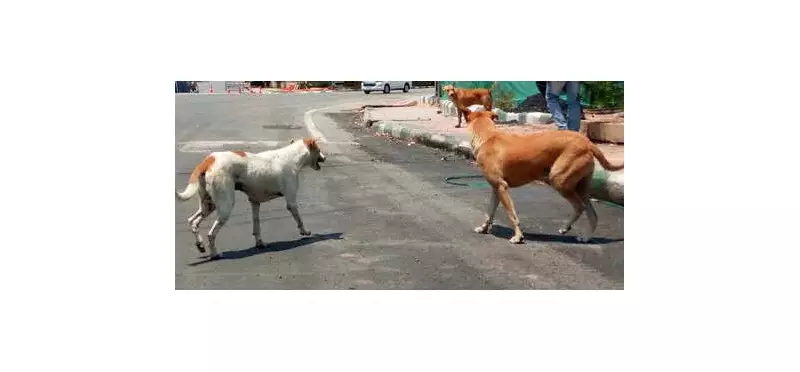
Mumbai Civic Body Implements Supreme Court Directive on Stray Dogs
Following the Supreme Court's November 7 directive ordering all states and Union territories to remove stray dogs from key public spaces, the Brihanmumbai Municipal Corporation (BMC) has drafted a comprehensive action plan to comply with the order. The court specifically targeted educational institutions, hospitals, sports complexes, bus stands, depots and railway stations in its ruling.
Institutional Responsibility and Nodal Officers
In a recent meeting headed by additional municipal commissioner Dr Ashwini Joshi, ward officers and assistant municipal commissioners received instructions to contact all affected institutions. These establishments must now secure and fence their premises to prevent stray dogs from entering from outside areas.
The responsibility for creating physical barriers lies entirely with the premises owners, with BMC intervention for dog removal only occurring after proper fencing is completed. Each institution will also need to appoint a nodal officer whose name and contact information must be prominently displayed at the entrance.
Dr Kaleem Pasha Pathan, general manager at Deonar abattoir who also handles stray animal issues, explained that "the nodal officer will serve as the point person for coordinating with BMC on stray dog-related complaints and ensuring the premises remain compliant with the court's order."
Expanding Infrastructure and Capacity
While preparing for increased enforcement, BMC is simultaneously working to strengthen its infrastructure for handling stray dogs. The civic body plans significant expansion of its Animal Birth Control (ABC) centres, which also function as temporary shelters for stray animals.
A major component of this scale-up includes a proposed facility in Mulund with capacity for approximately 1,000 dogs. "This is proposed near the old pumping station. An ABC centre was already present there," confirmed Pathan.
Currently, BMC operates nine ABC centres across Mumbai: single locations in Mahalaxmi, Deonar and Sewri, and two facilities each in Parel, Mulund and Malad. However, Pathan clarified that "these cannot be called dog shelters because strays are not permanently lodged there. Therefore we are looking at setting up the 1,000 capacity Mulund shelter."
Each new shelter will require animal handlers, veterinarians and support staff to operate effectively.
Public Concerns and Activist Skepticism
The stray dog population has become a serious concern across Mumbai's residential areas. Former Goregaon corporator Sandeep Patel highlighted the situation in housing societies, noting that residents of the 35-storey Ekta Tripolis approached him after the stray population on their premises reached approximately 80 dogs.
However, animal activists express skepticism about BMC's plans. Vijay Rangare, former president of People for Animals, Maharashtra, raised concerns about transparency in the relocation process.
"Our fear is that dogs may be removed and abandoned in places like Aarey forest or similar locations, as the BMC currently doesn't have adequate space to house so many strays," Rangare stated. He further explained that "existing ABC centres only pick up dogs for short-term procedures—they have never been equipped to keep them on a permanent basis."
The implementation of this Supreme Court order represents a significant challenge for Mumbai's civic administration as they balance public safety concerns with animal welfare considerations in one of India's most densely populated cities.






